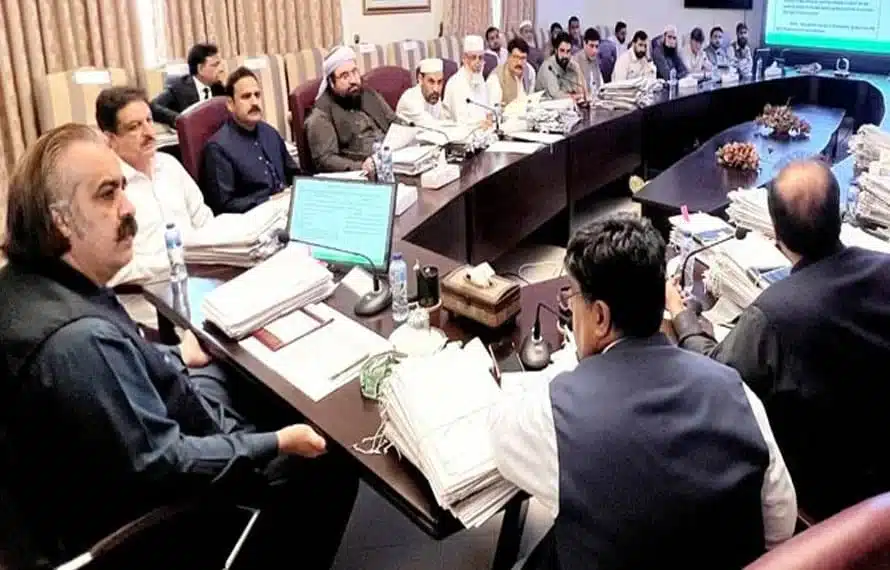The Khyber Pakhtunkhwa government has assigned specific targets to Deputy Commissioners across the province under its good governance roadmap, with a clear deadline of December 2025 to show tangible progress in public service delivery. The targets were finalised during a high-level Deputy Commissioners Conference chaired by Chief Minister Ali Amin Gandapur in Peshawar.
The conference, attended by provincial cabinet members, senior bureaucrats, and deputy commissioners from all districts, including merged areas, aimed to assess the ongoing performance of district administrations and accelerate efforts to improve service delivery at the grassroots level.
Targets were set in key sectors such as health, education, agriculture, livestock, tourism, social welfare, and local government. The Chief Minister emphasised that Deputy Commissioners will be held primarily responsible for achieving these goals, and failure to meet the December deadline will result in accountability measures.
In the meeting, the Chief Minister reviewed progress on the government’s 99-point good governance agenda and announced third-party monitoring to ensure transparency and effectiveness. He stressed the need for improved coordination between departments under the supervision of Deputy Commissioners and reiterated that no negligence will be tolerated.
Ali Amin Gandapur directed district heads to regularly monitor development projects, maintain quality in public works, and ensure timely completion. He urged Deputy Commissioners to hold open courts for public engagement, involve elected representatives, and actively use social media to receive public feedback.
A new sanitation programme for rural areas was also announced, with village council-level recruitment of staff underway. Deputy Commissioners were instructed to personally oversee its implementation.
Read also: Talal Chaudhry should show restraint; we oppose operation, says Ex-MPA Shafiq Sher Afridi
The Chief Minister concluded by stating that the people of Khyber Pakhtunkhwa must feel the impact of government initiatives, and that public service delivery must reflect public expectations and needs.





